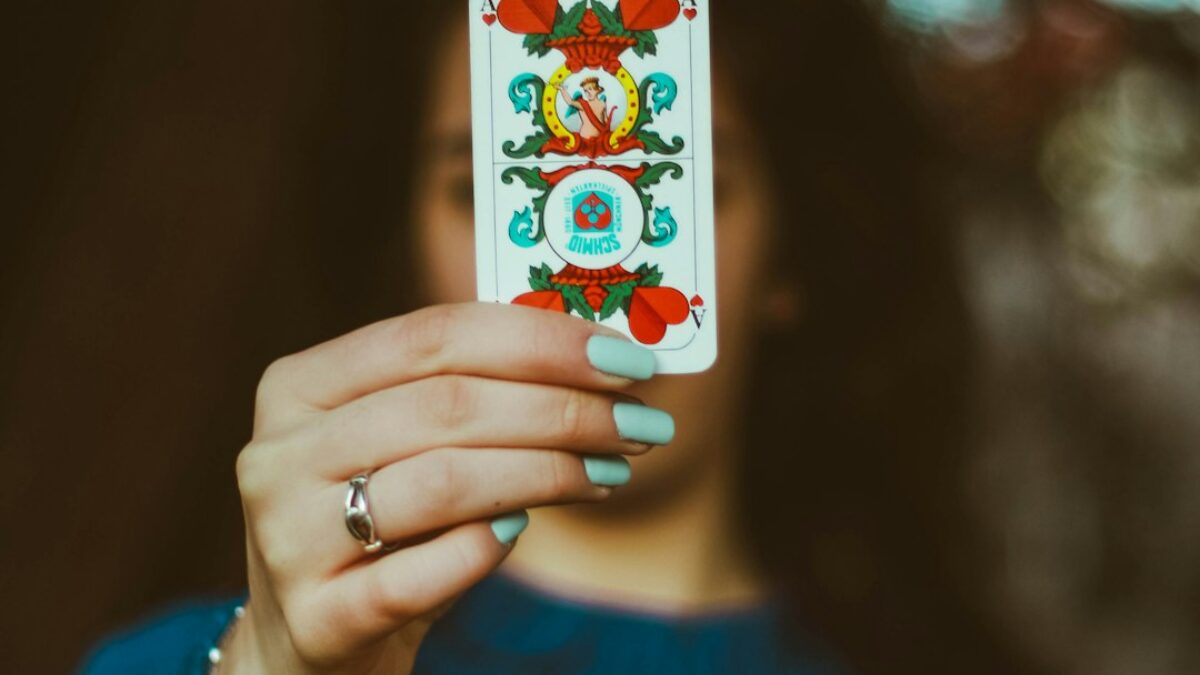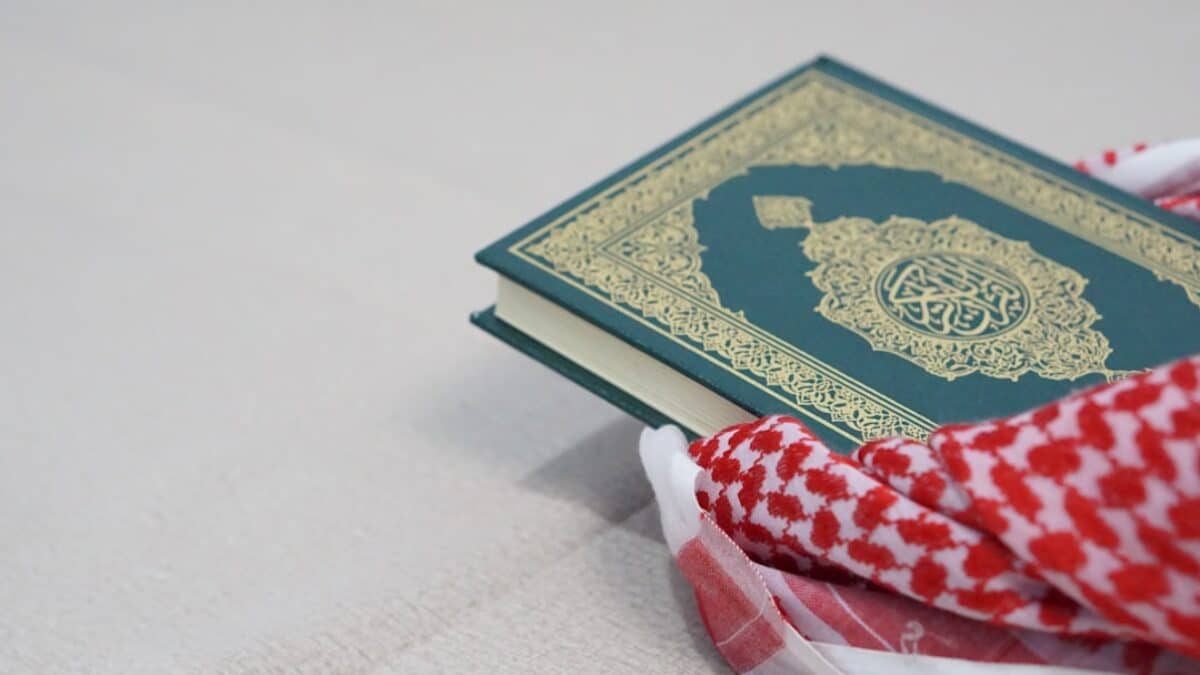Maintaining a daily spiritual rhythm is at the heart of a Muslim’s life, and daily duas—short, heartfelt supplications—are the threads that weave this rhythm together. Whether you are a new Muslim, a teenager learning to pray independently, or an adult seeking to deepen your connection with Allah, memorising and reciting authentic daily duas transforms ordinary moments into opportunities for remembrance. This guide presents essential morning, evening, and prayer supplications in their original Arabic, accurate transliteration, and plain-English meaning, all chosen from the Qur’an and rigorously authenticated Sunnah. No prior Arabic knowledge is required; simply follow the transliteration and understand the meaning to begin reaping the spiritual, emotional, and psychological benefits today.
Understanding Daily Duas in Islam
What Are Duas?
In Arabic, the word duʿāʾ literally means “to call out” or “to invoke.” In Islamic terminology, it is any request, praise, or remembrance directed to Allah. Unlike the five obligatory prayers (ṣalāh), duas can be offered in any language, posture, or time. They are personal conversations with the Creator that can cover every sphere of life—from waking up in the morning to entering the restroom.
The Concept of Thikr (Remembrance)
Thikr is the broader umbrella that includes duas. While duas are often specific requests, thikr can be as concise as saying “SubḥānAllāh” (Glory be to Allah). Regular thikr:
- Polishes the heart from heedlessness (ghaflah)
- Fortifies one against sin and anxiety
- Acts as a spiritual debit card that draws from Allah’s limitless mercy
Authenticity: Why It Matters
With countless apps and social-media graphics floating around, beginners often wonder which duas are truly from the Prophet Muhammad ﷺ. Authenticity is safeguarded through the science of ḥadīth criticism, which evaluates chains of transmission (isnād) and textual content (matn). The selections in this article are sourced from:
- Ṣaḥīḥ al-Bukhārī & Ṣaḥīḥ Muslim (the two most reliable collections)
- Sunan Abī Dāwūd, Jāmiʿ at-Tirmidhī, and Al-Adab al-Mufrad
- Verified by contemporary bodies like the Permanent Committee for Scholarly Research and Iftāʾ (Saudi Arabia)
Key Components of Daily Duas for Beginners
Arabic Script
The Arabic text is the anchor. Even if you cannot read Arabic fluently, simply looking at the script while reciting is rewarded because it preserves the original pronunciation and meaning.
Transliteration (Latin Letters)
For beginners, a phonetic transliteration bridges the gap. Letters such as ḥ (a heavy “h”) or ʿ (a voiced pharyngeal sound) are marked so you can approximate the sound accurately.
Concise Meaning
Understanding what you say is not optional. The Prophet ﷺ warned against parroting phrases without comprehension. Each dua in this guide carries a succinct explanation to internalise its essence.
Timing & Frequency
Islamic law distinguishes:
- Sunnah Mu’akkadah – strongly recommended acts tied to specific times (e.g., morning and evening duas).
- Mustaḥabb – generally encouraged, flexible in timing (e.g., dua when putting on clothes).
Benefits and Importance
Spiritual Protection
Regular recitation of morning and evening duas creates a spiritual shield. The Prophet ﷺ compared them to a person who bathes five times a day—no dirt accumulates.
Stress Reduction & Mental Health
Modern psychology confirms that mindful repetition of meaningful phrases lowers cortisol levels. Coupled with belief in Divine care, duas provide a proven coping mechanism against anxiety and depression.
Strengthening Relationships
When parents teach their children the dua before sleeping or when spouses share the dua before leaving the house, shared spiritual vocabulary becomes a bonding glue.
Reward Multiplication
A single word of thikr can earn ten rewards (Surah Al-Baqarah 2:261). Multiply that by the frequency in a day, and the spiritual ROI is staggering.
Practical Applications
Morning Supplications (After Fajr until Sunrise)
The morning duas are recited once between Fajr prayer and sunrise. You can read them in ~5 minutes, ideally before checking your phone.
1. Dua Upon Waking Up
Arabic:
الْحَمْدُ لِلَّهِ الَّذِي أَحْيَانَا بَعْدَ مَا أَمَاتَنَا وَإِلَيْهِ النُّشُورُ Transliteration:
Al-ḥamdu lillāhi alladhī aḥyāā baʿda mā amātanā wa ilayhi an-nushūr.
All praise is for Allah who gave us life after having taken it from us, and to Him is the resurrection.
2. The Three Quls (Protection)
Recite Surah Al-Ikhlāṣ, Al-Falaq, and An-Nās three times each. These chapters act like a triple-lock security system against envy, black magic, and whisperings of Shayṭā.
3. Morning Remembrance (Kalam al-Tirmidhī)
Arabic & Transliteration:
- أَصْبَحْنَا وَأَصْبَحَ الْمُلْكُ لِلَّهِ
Aṣbaḥā wa aṣbaḥa al-mulku lillāh… - Recite 100 times: سُبْحَانَ اللَّهِ وَبِحَمْدِهِ
SubḥānAllāhi wa bi-ḥamdih.
Evening Supplications (After ʿAṣr until Maghrib)
The evening duas mirror the morning set, starting from after ʿAṣr and ending at sunset.
1. Dua for Protection from Harm
Arabic:
بِسْمِ اللَّهِ الَّذِي لَا يَضُرُّ مَعَ اسْمِهِ شَيْءٌ فِي الْأَرْضِ وَلَا فِي السَّمَاءِ وَهُوَ السَّمِيعُ الْعَلِيمُ Transliteration:
Bismillāhi alladhī lā yaḍurru maʿa ismihi shay’un fil-arḍi wa lā fis-samā’ wa huwa as-samīʿ al-ʿalīm.
In the name of Allah, with whose name nothing on earth or in the heavens can cause harm; He is the All-Hearing, the All-Knowing.
2. Dua for Family Safety
Arabic:
اللَّهُمَّ إِنِّي أَسْأَلُكَ الْعَفَافَ فِي الدُّنْيَا وَالْآخِرَةِ
Allāhumma innī as’alukal-ʿafāfa fid-dunyā wal-ākhirah.
Meaning:
O Allah, I ask You for chastity in this world and the Hereafter.
Supplications Linked to the Five Daily Prayers
Before Salah: Dua of Intention (Niyyah)
While the intention is in the heart, saying it verbally helps beginners focus: Arabic:
أُصَلِّي فَرْضَ الظُّهْرِ أَرْبَعَ رَكَعَاتٍ مُسْتَقْبِلَ الْكَعْبَةِ
Uṣallī farḍaẓ-ẓuhr arbaʿa rakʿātin mustaqbila al-kaʿbah.
After Taslīm: Istighfār & Praise
Right after concluding the prayer, recite:
- Astaghfirullāh (I seek forgiveness from Allah) – 3×
- Allāhumma antas-salām wa minkas-salām…
Travel, Sleep & Other Life Situations
| Occasion | Arabic Dua | Transliteration | Key Benefit |
|---|---|---|---|
| Leaving the house | بِسْمِ اللَّهِ تَوَكَّلْتُ عَلَى اللَّهِ | Bismillāhi tawakkaltu ʿalā Allāh… | Protection from Shayṭā |
| Before sleep | اللَّهُمَّ بِاسْمِكَ أَمُوتُ وَأَحْيَا | Allāhumma bismika amūtu wa aḥyā | Secure soul during sleep |
| Entering the restroom | اللَّهُمَّ إِنِّي أَعُوذُ بِكَ مِنَ الْخُبُثِ وَالْخَبَائِثِ | Allāhumma innī aʿūdhu bika minal-khubuthi… | Shield from impurities |
Frequently Asked Questions
What is the minimum Arabic I need to learn to start daily duas?
None. While Arabic literacy is encouraged, the transliteration provided is sufficient for correct pronunciation. Over time, learning the Arabic alphabet will enhance your connection, but it is not a prerequisite for starting today.
Can I recite duas in my native language?
Yes, general duas (personal requests) may be made in any language. However, text-specific duas (those quoted verbatim from the Qur’an or Sunnah) should ideally be recited in Arabic for the sake of authenticity and to align with the Prophet’s ﷺ words.
How long does it realistically take to memorise the essential set?
With five minutes of daily practice, beginners typically memorise the core morning and evening set (about 12 short
























Post Comment